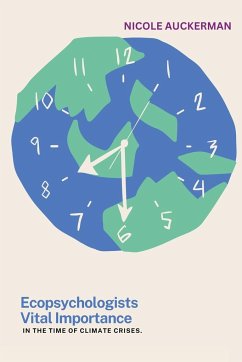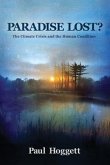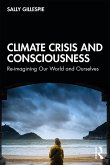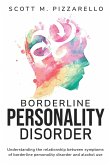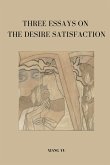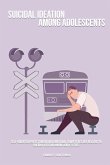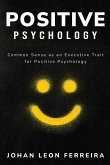Ecopsychology is a systems-based philosophy that expands the therapeutic lens to include client interactions with and perceptions of the natural environment as an integral element of well-being or pathology. Ecopsychology, known forward as EP, also looks at the pathology of our culture and what kind of diagnoses lead to practices that put our planet at risk. In recent decades, the field has amassed a substantial amount of empirical evidence supporting its effectiveness but remains largely underutilized. First generation EP suggested a cultural reordering shifting away from consumer culture and reordering our way of life. Second generation posits working within the current structure is sufficient. They seek to green psychology, meaning utilizing nature as a healing medium, and gather empirical evidence to bring credibility to the field. Most researchers and practitioners agree a new perspective is needed to challenge the dominant social paradigm which views nature and the earth as expendable and separate from human health. As the current political climate becomes more central, there is need for "green" psychologists who are prepared to handle climate refugees, climate change, and mass extinction. By interviewing experts, this phenomenological study seeks to demystify EP while exploring future directions, as well as obstacles, to making it a legitimized field. This research also lends support to ecopsychology, and its applied practice known as ecotherapy as a viable and necessary treatment approach to a range of psychopathologies including anxiety, depression, and ADHD.

